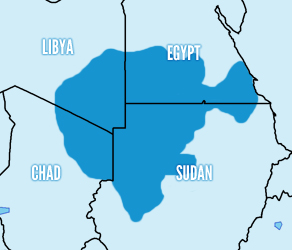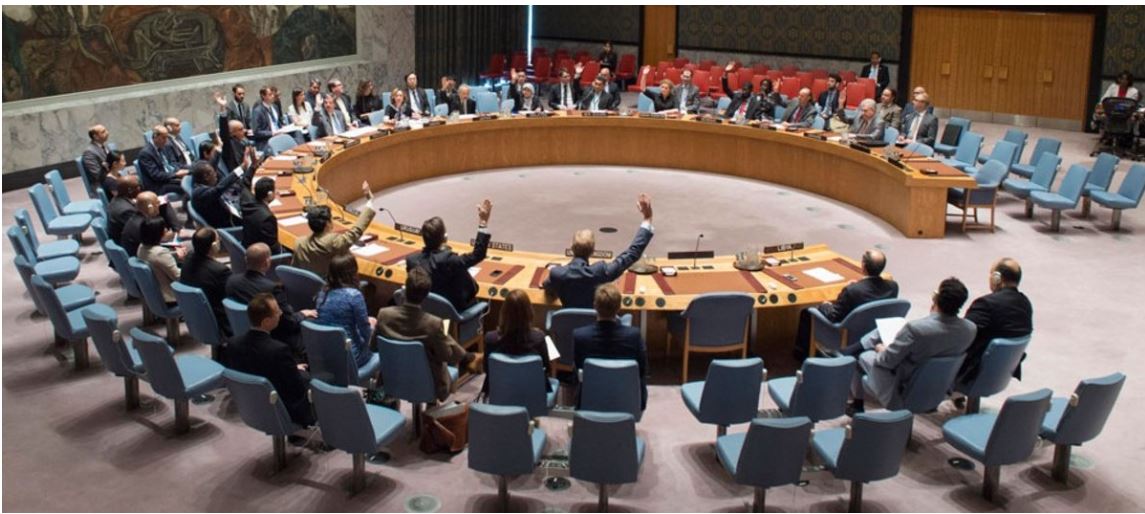](http://www.libyaherald.com/wp-content/uploads/2013/09/NubiaSandstoneAquifer.jpg)
Tripoli, 20 September 2013:
Libya, Egypt, Chad and Sudan have signed a UN-backed agreement on the shared use of a massive underground aquifer system straddling the four countries known as the Nubian Sandstone Aquifer System. Containing an estimated 150,000 cubic kilometres of fossil water, it covers an area of two million square kilometres.
The Strategic Action Programme, signed in Vienna on Wednesday at the International Atomic Energy Agency (IAEA), commits the four countries to share the aquifer fairly. It also commits them to set up a Joint Authority to manage the aquifer system.
IAEA Director General Yukiya Amano called the agreement a “significant achievement,” congratulating those involved. “Water is a key resource, and effective management and use of such water resources is essential for the future.”
The IAEA says its aim is to ensure that the four countries work together successfully and ensure the the aquifer is managed effectively.
The agreement will impinge in particular on Libya. Alone among the four states, it already has a immense developed water supply infrastructure based on fossil water resources. The Man-Made River taps into underground aquifers deep in the desert both in the east and the west of the country. Those in the south-east, however, tap into the Nubian aquifer, the world’s largest known fossil water aquifer system. But it, according to the IAEA, is under mounting pressure because of growing populations and decreasing water availability from other sources in the region.
Libya is estimated to be pumping 2.37 cubic kilometres of water a year up to the coast from the aquifer.
“Removing water without a clear understanding of trans-boundary and other implications threatens water quality and has the potential to harm biodiversity and accelerate land degradation,” the IAEA has said.
The joint technical cooperation project began in 2006 and, according to a UN press release, has already completed a sophisticated model of the aquifer to assist the four countries avoid conflict, protect eco-systems dependent upon it, and aid use of it. [/restrict]








